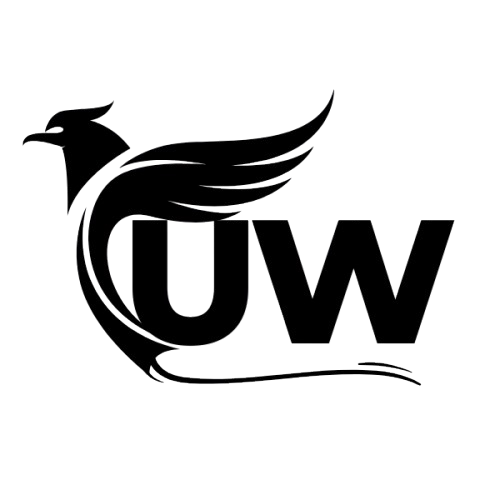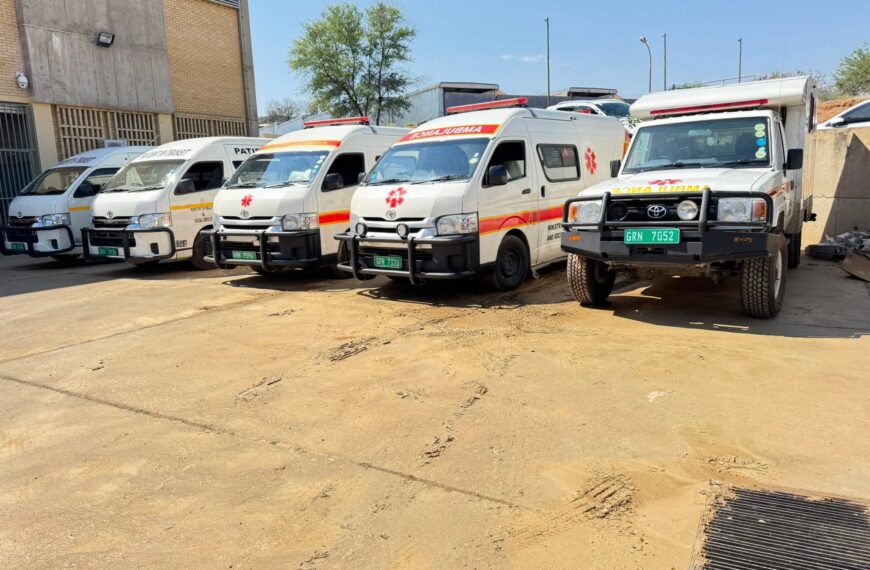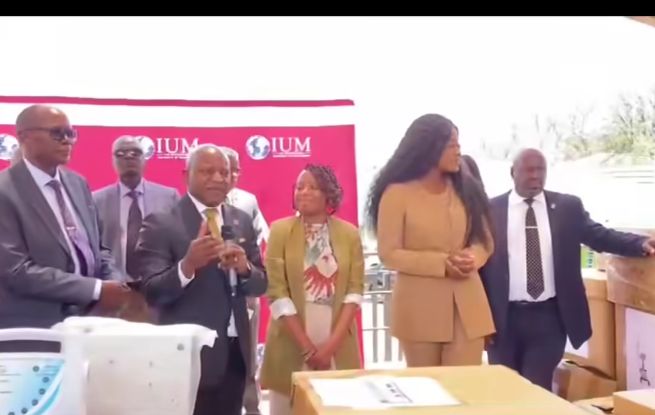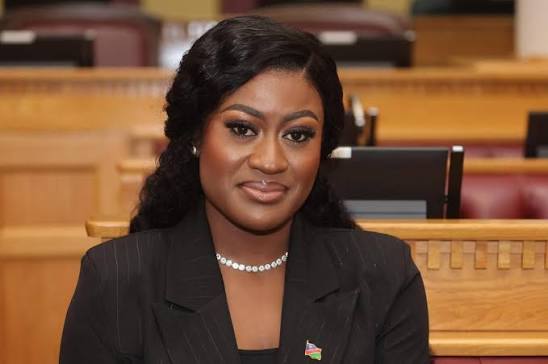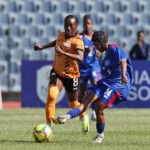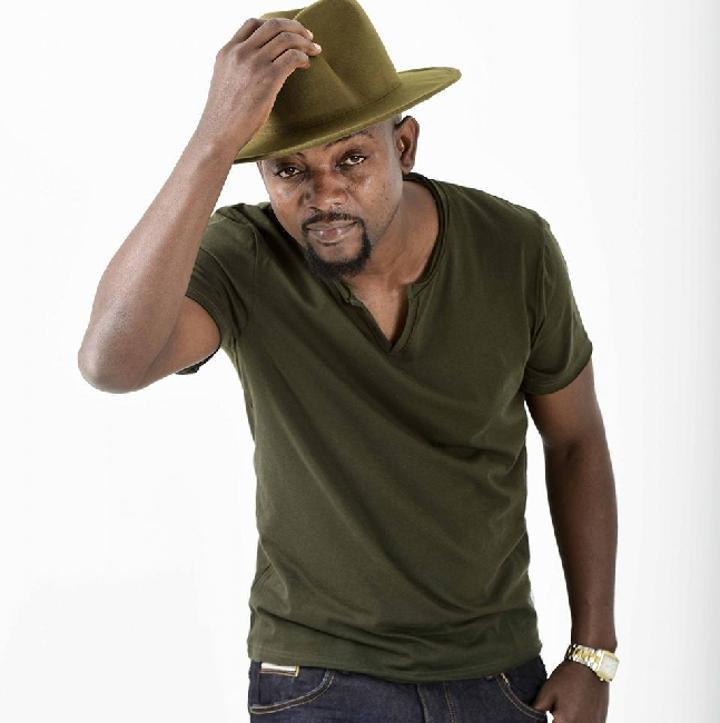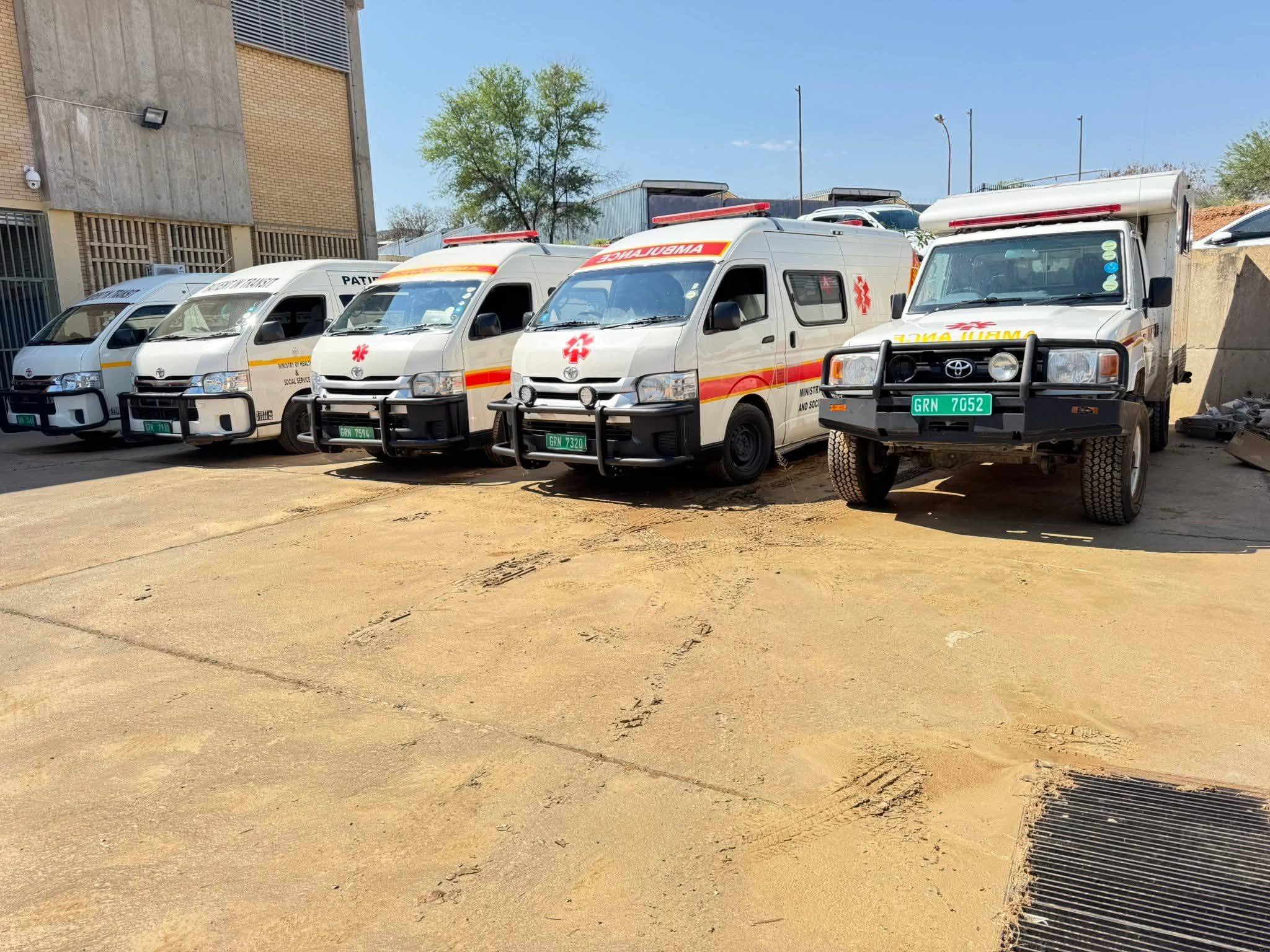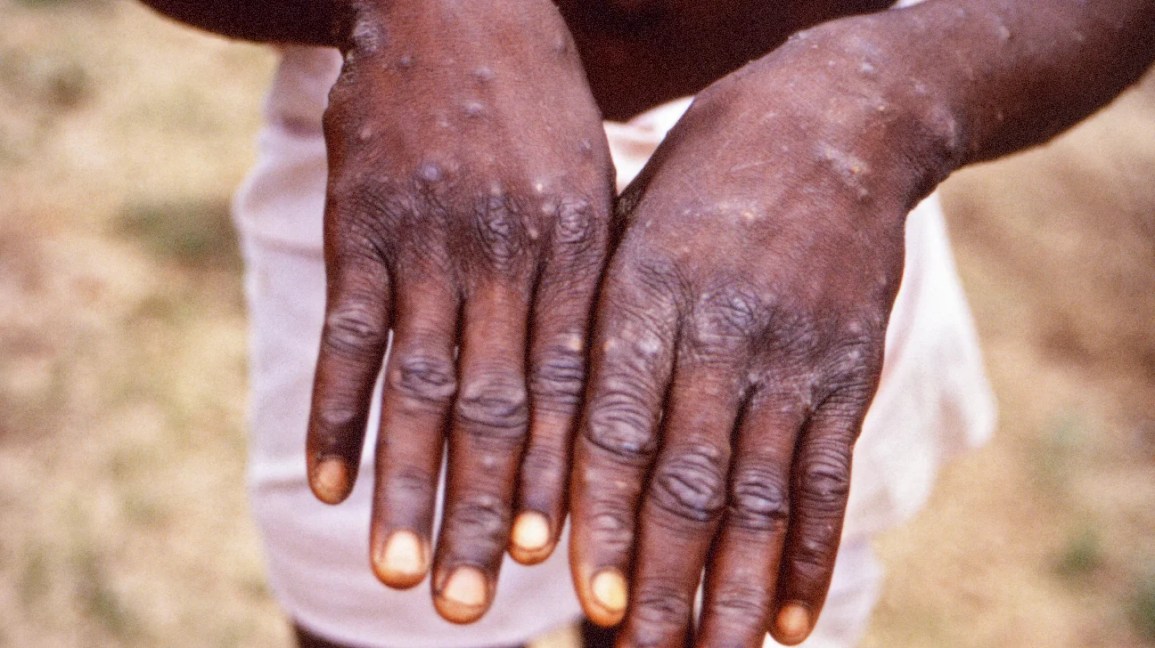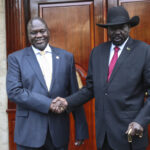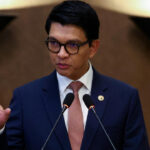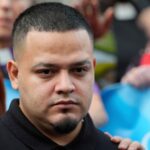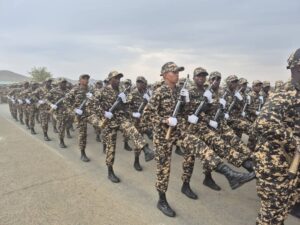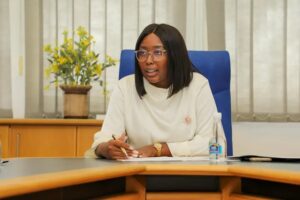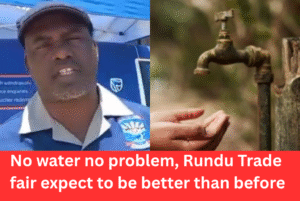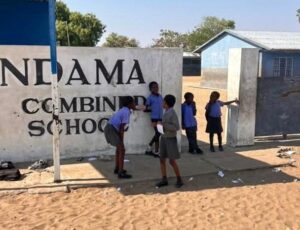
For Ndayelekwa Kayofa, a breast cancer diagnosis last October was not a moment of surrender—but the beginning of a battle for life, family, and purpose.
Speaking at the groundbreaking ceremony of the Namibian Oncology Centre and Medical Imaging in Ongwediva this week, Kayofa shared her deeply personal journey with cancer—one that she hopes will inspire others and bring attention to the urgent need for accessible healthcare across Namibia.
“My fight started in December,” she recalled. “It hasn’t been easy, but I made up my mind: I want to live. I have children, I have dreams—and I’m not ready to let go.”
Now on the path to recovery, Kayofa stood not as a victim of cancer, but as a symbol of courage and faith. Her message was clear: early detection saves lives, and access to treatment should not depend on geography.
The new oncology centre is expected to significantly reduce the burden for cancer patients in the northern regions, many of whom currently travel over 600km to Windhoek for care. But for Kayofa, it’s more than a building—it’s a sanctuary.
“This centre will hold more than just machines and medicine. It will hold people at their most vulnerable, and give them hope,” she said. “Here, cancer won’t be the end of the story—it will be the start of a fight we face together.”
She also called on Namibians to believe in possibilities beyond the capital: “Development doesn’t have to stop in Windhoek. When we dream big and work together, we can bring healthcare and opportunity to every corner of the country.”
Also addressing the crowd was Stephanie Quarmby, Financial Director of the Namibian Oncology Centre, who echoed Kayofa’s message of urgency and dignity.
“Behind each statistic is a person—a mother, a father, a child. Behind every long journey to Windhoek is emotional strain and financial hardship. This new centre will bring dignity back to over 850,000 people in the Oshana, Omusati, Ohangwena, and Oshikoto regions,” she said.
Quarmby added that the centre is not just a medical facility but a turning point—an opportunity to catch illnesses early, ease suffering, and save lives.
As the first shovels hit the ground in Ongwediva, a message of resilience, faith, and shared purpose took root: that no one facing cancer should ever have to walk alone.

